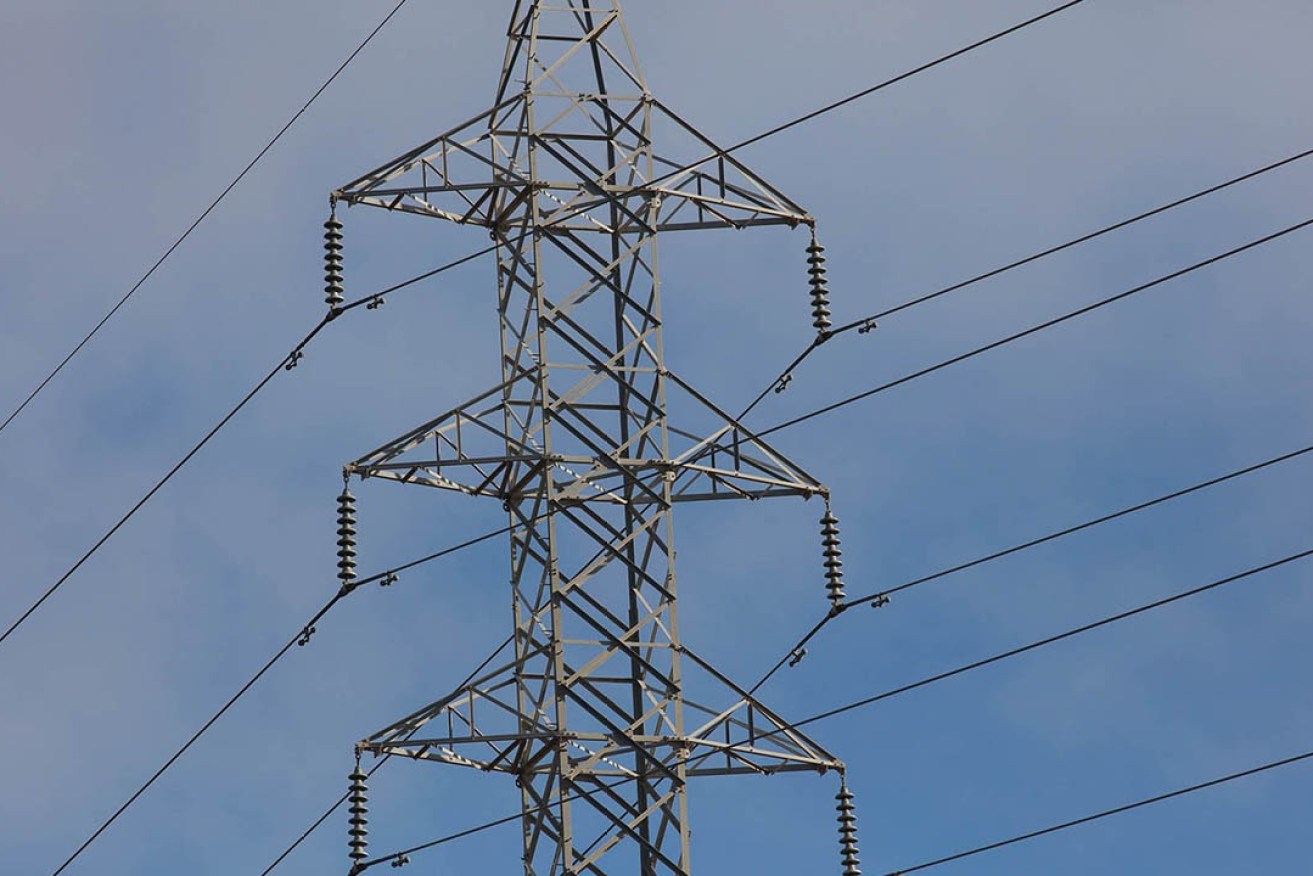National energy plan a game-changer: Turnbull
Household power bills would fall by an average $110 to $115 a year from 2020 under what Malcolm Turnbull has described as a “game-changing” plan.

Photo: Tony Lewis / InDaily
In releasing the Government’s national energy guarantee today, the Prime Minister said it would deliver affordable and reliable power while cutting emissions.
“No more industry policy … no more favouring one technology after another, but simply ensuring that we have a reliable energy system, that we keep the lights on, that we do so in a way that is affordable and, of course, we meet those international commitments,” he told reporters.
The plan includes a reliability guarantee that will be set to deliver the right level of dispatchable (when it’s most required) power – from sources such as coal, gas, pumped hydro and batteries – needed in each state.
The level will be set by the Australian Energy Market Commission and Australian Energy Market Operator, and penalties for retailers missing the guarantee have yet to be determined.
An emissions guarantee will be set to meet Australia’s Paris reduction target, requiring legislation to pass parliament, and be enforced by the Australian Energy Regulator.
“This is a very significant game-changer in energy policy,” Turnbull said.
One hurdle to the plan could be getting parliamentary support for the target trajectory for emissions, which Energy Minister Josh Frydenberg said would be a 26 per cent reduction in emissions on 2005 levels by 2030 – Australia’s Paris target.
The state governments have been considering adopting their own separate clean energy targets, but will be briefed on how the federal plan is better and asked through the Council of Australian Governments to endorse it.
Discussions will also be held with Western Australia and the Northern Territory which are not part of the national energy market.
States that set higher individual emissions targets face the prospect of delivering higher power prices than other states.
Australian Energy Market Commission chair John Pierce said modelling showed pressure would come off prices, but more detailed modelling would be provided to the states at at COAG meeting.
Bills would be cut because of more investment in generation due to policy certainty, longer-term contracting, and the removal of barriers to new players entering the energy market.
With the electricity contributing only 30 per cent of Australia’s emissions, the Government is still working on how the rest of the economy can pull its weight in terms of delivering the cuts needed to meet the Paris target.
The energy regulators said in advice to the Government that the power mix of generation would be up to 36 per cent by 2030, including hydro and solar PV, while intermittent renewables would make up 24 per cent and dispatchable sources such as gas and coal the remainder.
Turnbull said his party room was “overwhelming in support” of the policy.
It is understood Tony Abbott and Queensland MP George Christensen raised concerns about it in today’s meeting, arguing for government subsidy for a coal-fired power station and questioning the Paris target.
Earlier, Greens MP Adam Bandt accused Turnbull of giving into Abbott and adopting a policy that would mean more bushfires and a reneging of Australia’s international obligations.
“This is the policy you get when you capitulate to climate terrorists on your back bench,” he said.
He urged Labor to stop playing “footsies” with the coalition over energy and called on state premiers to stand up to the commonwealth.
Labor climate spokesman Mark Butler questioned how the Government could reach its Paris target by restricting the growth of renewable energy to as little as 28 per cent over three decades.
“It will destroy investment in renewable energy and destroy the thousands of jobs that industry currently employs,” he said.
Labor is committed to delivering 50 per cent of electricity from renewables by 2030.
-AAP




